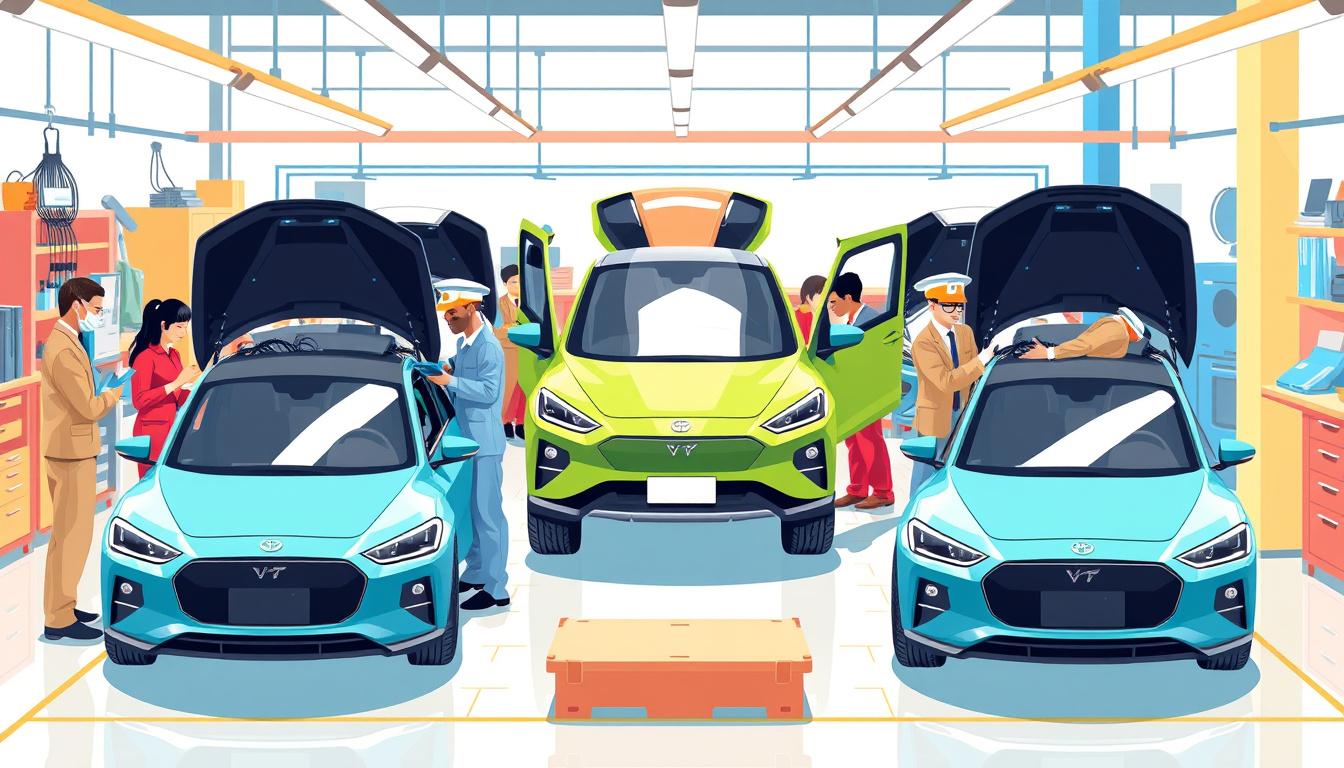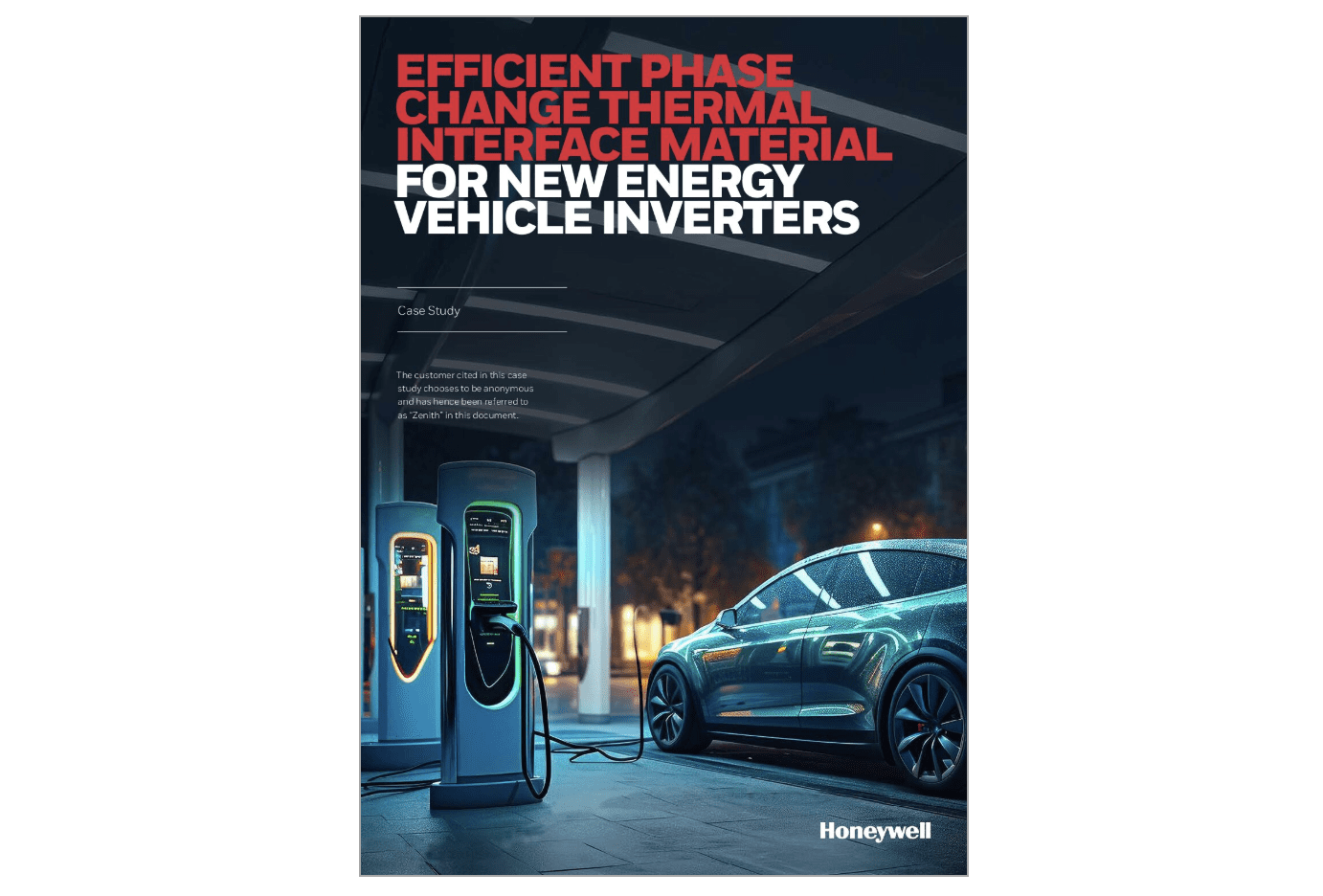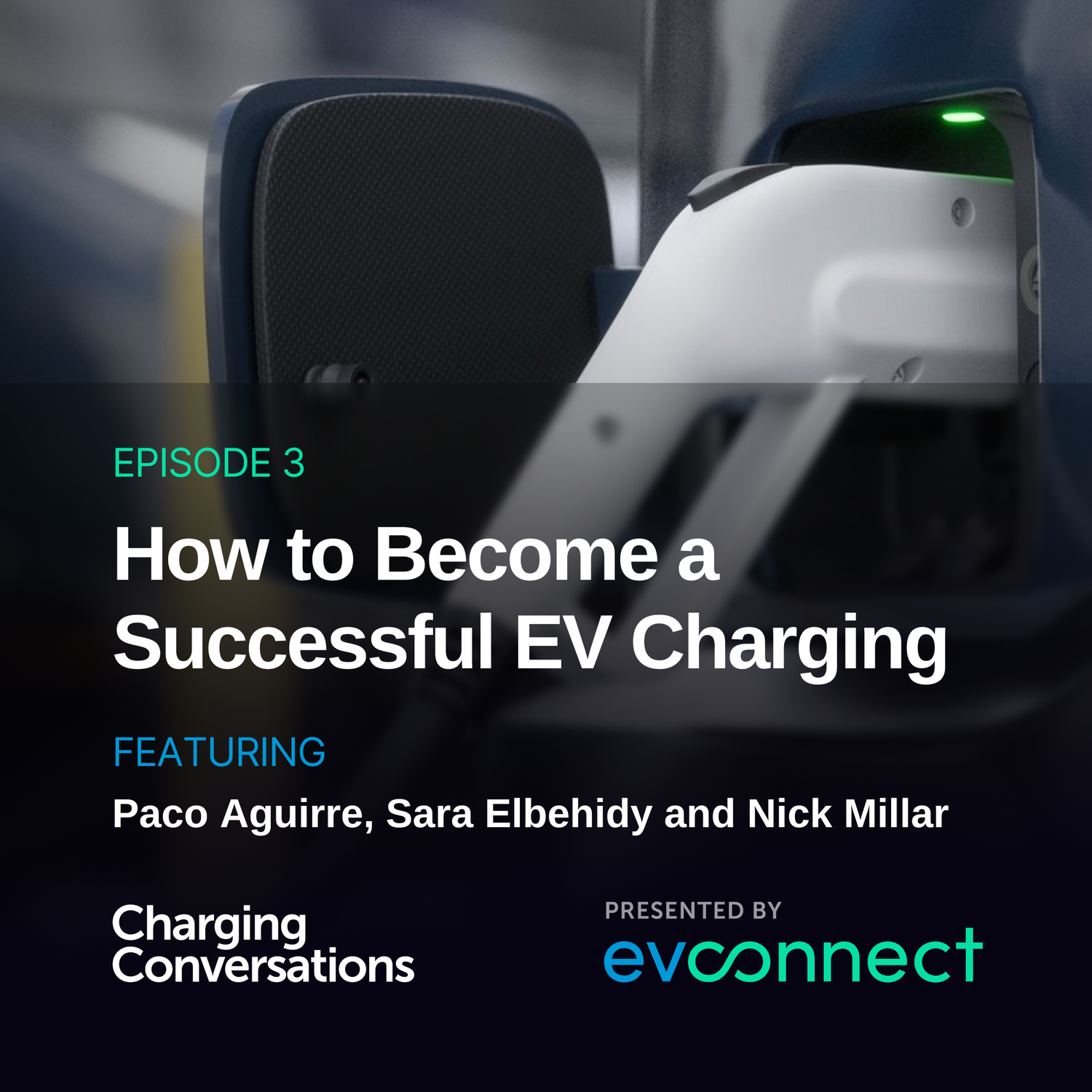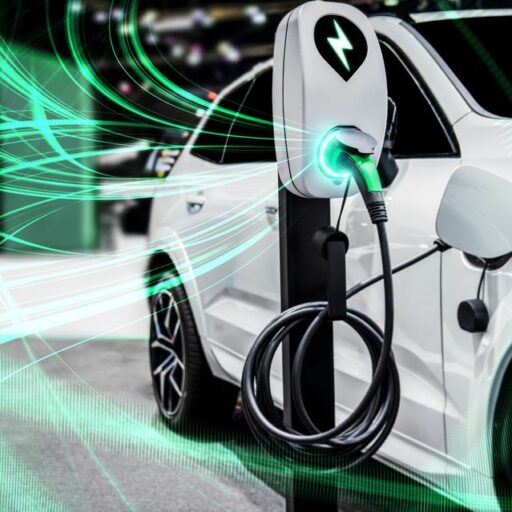The rapid rise of electric vehicles (EVs) marks a transformative shift in the automotive industry, catalyzing an urgent need to equip technicians with the skills necessary to maintain and repair these advanced machines. As EV adoption accelerates across the globe, initiatives to train technicians in EV maintenance have become critical for ensuring a smooth transition from traditional internal combustion engines to electrified mobility. This article explores key programs, trends, and strategies shaping the future of EV technician training worldwide.

Addressing the Skills Gap in EV Maintenance
The transition to electric mobility presents a significant skills gap for the workforce responsible for vehicle upkeep. Europe and the United States are experiencing this challenge acutely. For instance, the UK motor industry forecasts a need for approximately 89,000 EV-qualified technicians by 2032 to meet demand, highlighting a potential deficit of thousands if current training efforts lag behind market growth.
A PwC study further emphasizes that around 84% of existing internal combustion engine (ICE) powertrain jobs could become obsolete as EV adoption expands, but simultaneously, over 200,000 new opportunities will emerge in EV-related roles. This shift requires a comprehensive rethinking of technician training, centering on new competencies in high-voltage battery technology, electric powertrains, diagnostics, and safety.
Industry-Led Upskilling and Partnership Programs
Leading automotive manufacturers and mobility companies are proactively investing in workforce development:
-
Jaguar Land Rover’s Future Skills Programme aims to train 29,000 employees by 2030 in electrification and digital technologies, ensuring in-house expertise matches industry innovation.
-
Many industry players collaborate with academic institutions to align curricula with the latest EV technological advances, guaranteeing relevant and applied learning experiences.
Strong partnerships between the private sector and educational entities resonate across regions, promoting effective knowledge transfer and workforce readiness.
Government Initiatives Driving Training Incentives
Government policies and educational reforms have become instrumental in fostering EV maintenance skill development. The European Union’s Green Deal incorporates a significant emphasis on worker skills enhancement within the automotive sector, primarily through programs such as the European Battery Academy. This initiative targets the upskilling of 800,000 workers by 2025, focusing on battery technology and related EV maintenance skills.
Similarly, in the United States, various states—particularly those attracting sizable private investments in EV manufacturing—are pioneering workforce training programs via community and technical colleges. These programs serve as accessible entry points, offering certificates and degrees concentrated on EV repair, safety protocols, and charging infrastructure maintenance.
Essential Components of EV Technician Training
Comprehensive training programs for EV maintenance technicians concentrate on critical skill areas:
-
Electric Propulsion Systems: Understanding electric motors, battery management, power electronics, and inverters distinct from combustion engines.
-
Diagnostics and Repairs: Advanced troubleshooting techniques using specialized diagnostic tools tailored for EV systems, including software diagnostics.
-
Safety Training: Handling high-voltage systems with care, mastering protocols to safely deactivate power sources during repairs, and awareness of electrical hazards.
-
Charging Infrastructure Knowledge: Installation, upkeep, and repair of EV charging stations, which are integral to the EV ecosystem’s functionality.
Strategies for Fleet Managers and Technicians
For fleet managers overseeing growing EV assets, successful technician training demands a structured approach:
-
Skill Gap Analysis: Assess technicians’ existing knowledge and identify areas requiring EV-specific education.
-
Hands-On Training: Prioritize experiential learning through workshops, simulation environments, and collaborations with specialized training providers.
-
Leveraging Experts: Engage industry specialists and OEM representatives to deliver advanced and up-to-date training modules.
-
Continuous Development: Foster a culture of lifelong learning by offering ongoing training and certifications to keep pace with evolving EV technologies.
Technicians themselves can proactively pursue professional growth by:
-
Volunteering for EV-related assignments to build practical experience.
-
Seeking certification programs like ASE’s Electric Vehicle Maintenance and Advanced Diagnostics credentials.
-
Participating in networking forums and knowledge-sharing groups to stay informed of industry trends and best practices.
The Role of Community and Technical Colleges
Community and technical colleges are at the forefront of preparing the next generation of EV technicians, offering accessible and adaptable education pathways:
-
Programs often combine fundamental automotive skills with emerging knowledge in EV systems.
-
Many institutions have integrated EV-specific courses covering battery technology, electric motors, and safety, with some offering dedicated certifications.
-
These colleges contribute to workforce diversity by serving underrepresented groups, supporting inclusive access to EV careers.
Examples include programs at Wake Tech Community College in North Carolina and Washtenaw Community College in Michigan, which provide tailored curricula addressing local industry needs.
Looking Ahead: Collaborative Efforts for a Sustainable EV Maintenance Workforce
The momentum to electrify transportation can only be sustained if technicians are well-prepared to maintain the growing EV fleet. This necessitates:
-
Cross-sector collaboration between policymakers, educators, industry leaders, and training providers to design scalable and relevant programs.
-
Investment incentives and supportive legislation that encourage workforce skill development and employer participation.
-
Equitable access to training opportunities, ensuring no regions or demographics are left behind in the electric mobility revolution.
By embracing innovative training initiatives and fostering continuous learning, the EV maintenance workforce can be empowered to support a cleaner, greener transportation future.
Conclusion
The shift toward electric vehicles is more than a technological evolution—it is a workforce transformation. Through targeted initiatives, partnerships, and education programs, the industry is building the skilled cohort of technicians needed to maintain, repair, and innovate within the EV landscape. Investing in these training efforts not only bridges current skills gaps but also creates new career opportunities, propelling the automotive sector toward a sustainable and electrified future.
For further insights on managing EV fleets and training technicians, resources such as manufacturer-specific certification programs, community college offerings, and industry workshops provide valuable avenues for continuous professional development.
——————————————————
Voltsandvolts.com is a blog dedicated to electric vehicles (EVs). Our blog features articles on EV reviews, stories, tips, tricks, charging infrastructure, and battery technology. Join the conversation and become part of the Voltsandvolts.com community today!






